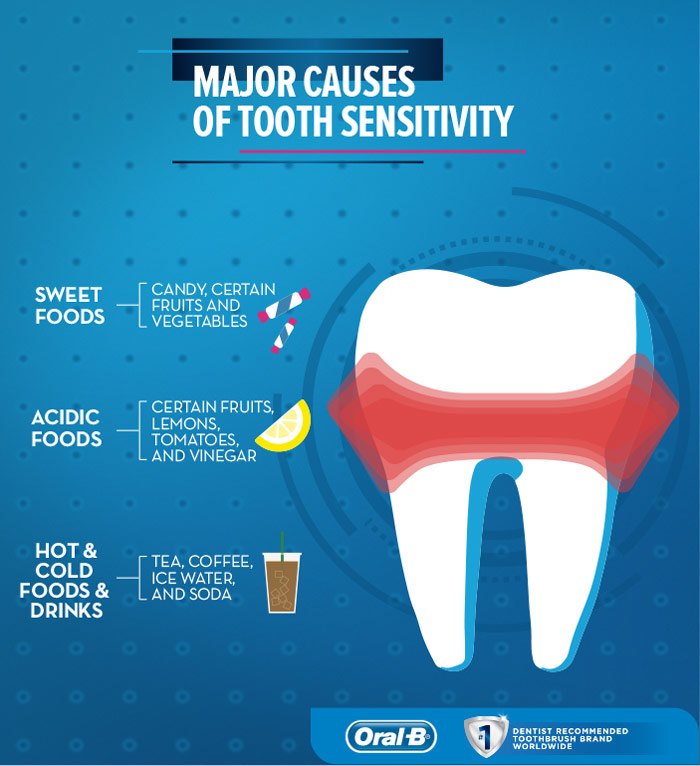Raise your hand if the first sip of iced tea causes a mini-electrocution feeling in your teeth. (Yeah, me too.) It’s not just you—millions of people suffer from cold water sensitivity, making even a sip painful. However, who exactly is responsible for this bitter pain? And more importantly, can we cure toothaches and enjoy a cold drink?
Hold on tight because we’re about to explore why does my teeth hurt when i drink cold water, reveal the mysteries of tooth and enamel, and give you the knowledge (and tips!) to get rid of that annoying pain.
Understanding Dentin
The root cause of your cold symptoms is the tooth itself. Dentin, beneath the enamel, contains small tubules in the pulp. Cold temperatures expand and constrict these tubules, activating nerves and causing dental discomfort.
Several Factors for Sensitivity
Drinking cold water might harm your teeth for various reasons. The following are some of the most common causes.
Enamel erosion
Acidic meals, drinks, and forceful brushing can wear down enamel.
The receding gums expose the tooth root surface to temperature variations.
Cracked or chipped teeth
Direct dentin access increases sensation.
Dental procedures
Fillings and other dental work might temporarily irritate dentin, causing sensitivity.
Underlying conditions
Medical disorders like dry mouth or enamel hypoplasia might increase sensitivity.
Addressing Tooth Ache
Cold water sensitivity can be managed.
There are ways:
- Use sensitive toothpaste: Choose products with fluoride or potassium nitrate to desensitize dentin tubules.
- Lukewarm water: Instead of ice-cold drinks, try lukewarm water to reduce temperature extremes.
- Mind your brushing: Avoid forceful brushing and toothpaste, which can damage enamel.
- Go to the dentist: If sensitivity persists, see a doctor. Your dentist can diagnose the problem and recommend fluoride or bonding.
Frequently Asked Questions (FAQ’s)
Why are my teeth so sensitive to cold water all of a sudden?

This “all of a sudden” feeling may be confusing. Gradually getting more sensitive may not be noticed until the pain is severe.
Several things can lead to this sudden understanding, such as-
- Thin enamel: Acids, hard brushing, and family history can wear down your enamel, exposing the sensitive to temperature dentin.
- When gums recede, the tooth’s root surface is exposed without enamel, causing sensitivity.
- Chipped or cracked teeth: Direct dentin access increases sensation.
- Recent dental work: Fillings and other operations might temporarily irritate dentin, irritating.
Will tooth sensitivity go away?
The good news is that you don’t have to live with cold water sensitivity forever.
Sometimes things get better when you deal with the root cause:
- Fluoride and potassium nitrate block dentin tubules, lowering sensitivity.
- Avoid enamel erosion by brushing gently with a soft bristle.
Does drinking cold water hurt your teeth?
Cold water shouldn’t harm teeth without sensitivity. When you’re sensitive, temperature changes stimulate dentin nerves, creating acute pain.
However, if you have sensitivity, the change in temperature sets off nerves in your dentin, which causes sharp pain.
Can a sensitive tooth go back to normal?
Sensitive teeth can get better with the proper care and treatment. By using desensitizing toothpaste, maintaining dental hygiene, or getting professional aid, you can restore your teeth’s health and enjoy your frosty beverage.
Sum-up
You can fix the problem and get back to enjoying your favourite cold drink by using desensitizing toothpaste, improving your oral cleanliness, or getting professional help.
Remember, cold water sensitivity is common but curable. By recognizing the reasons and taking care of them, you can drink your favourite beverage painlessly at any temperature. So, stop worrying about the dentist and enjoy the cool weather without a headache!


Leave a Reply